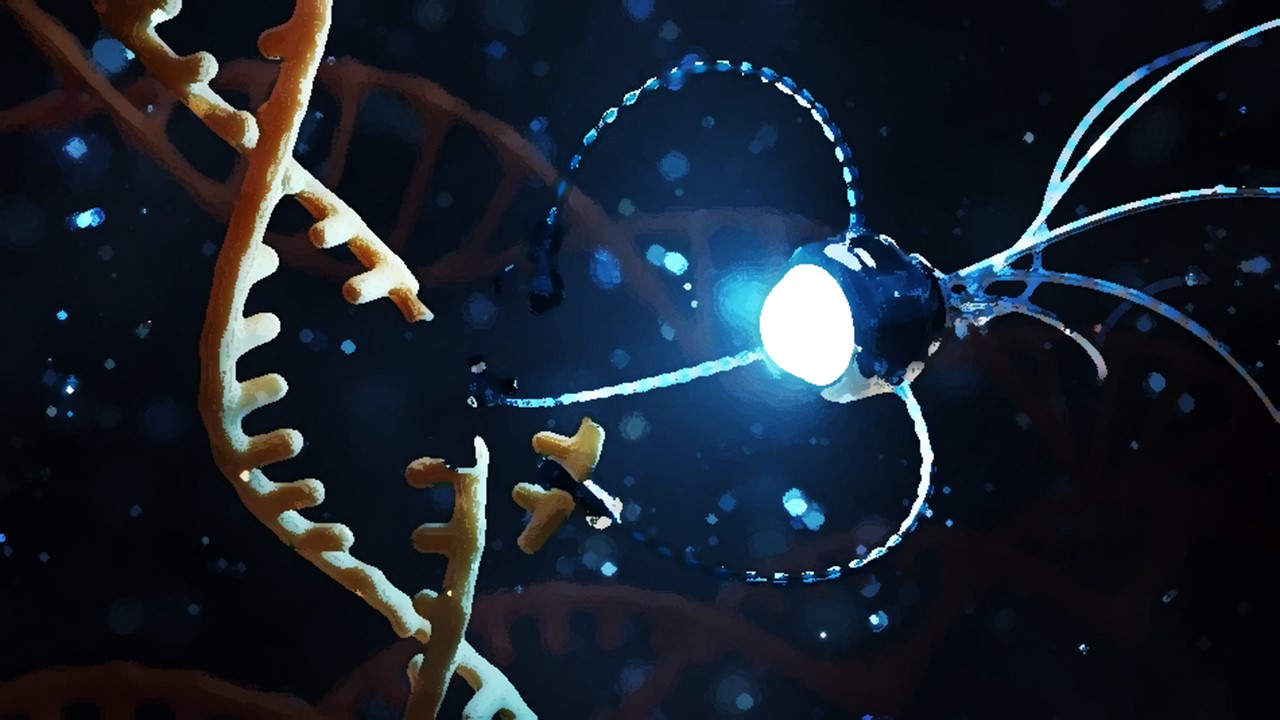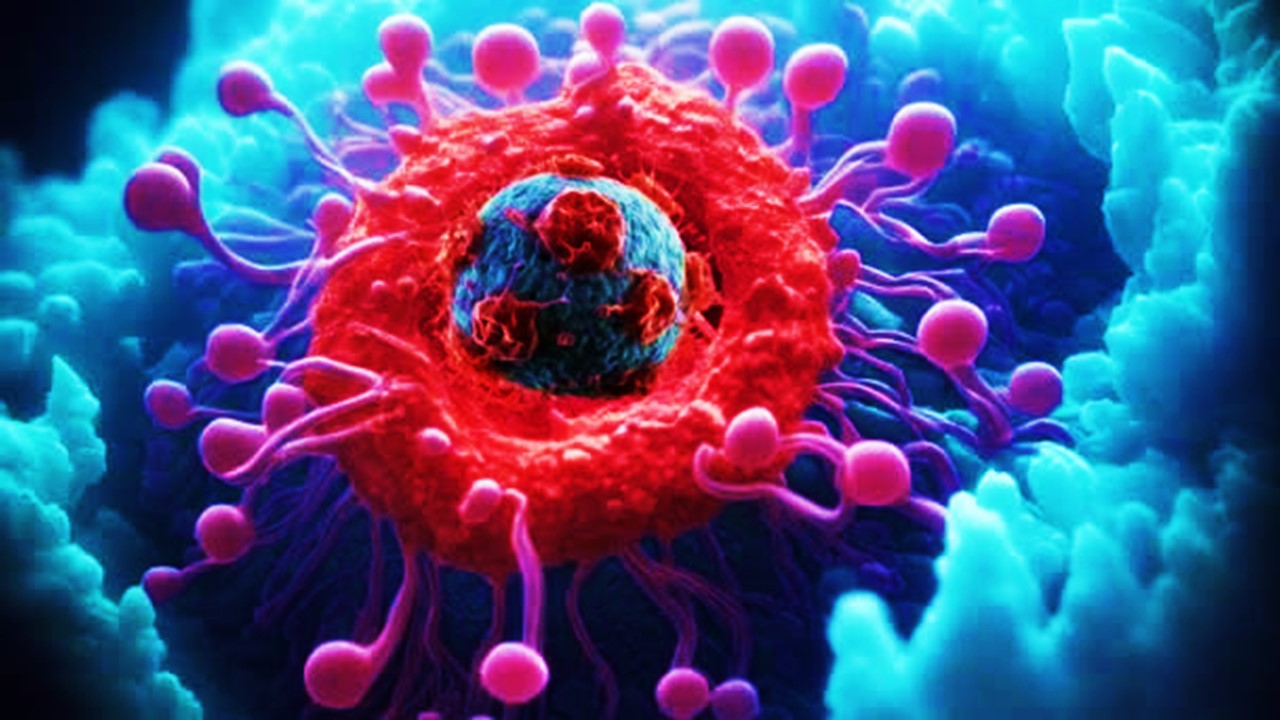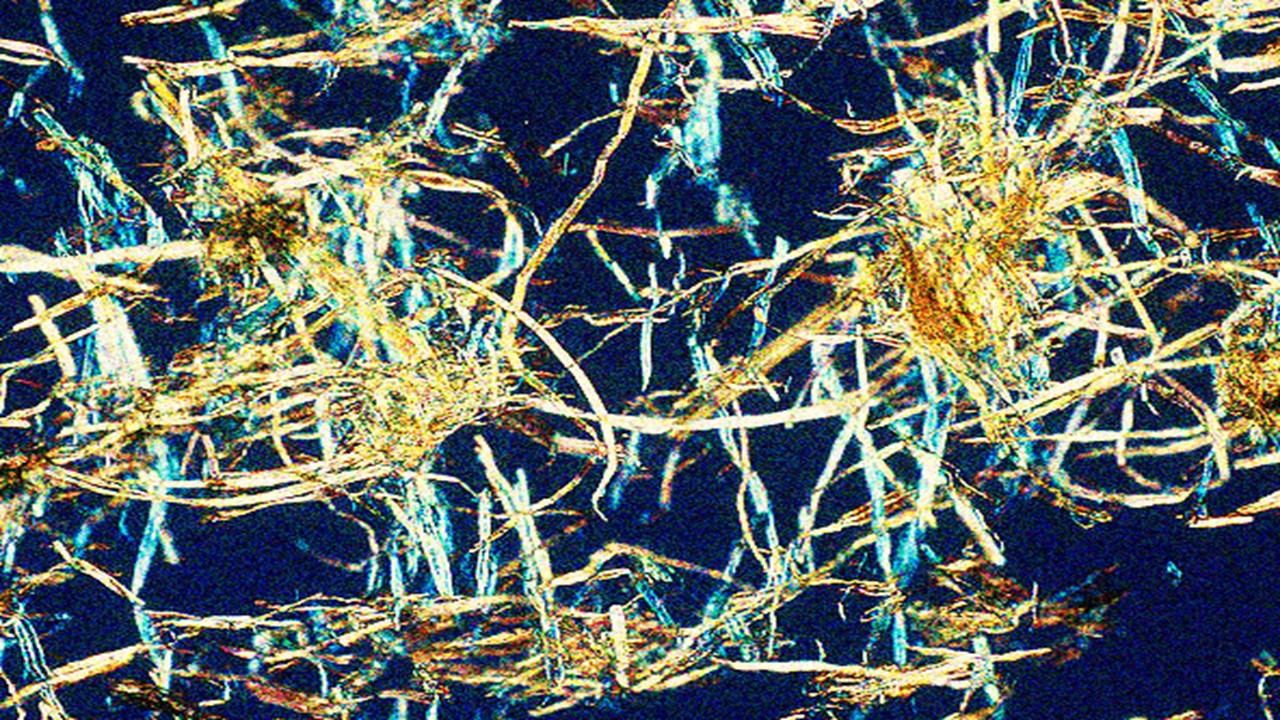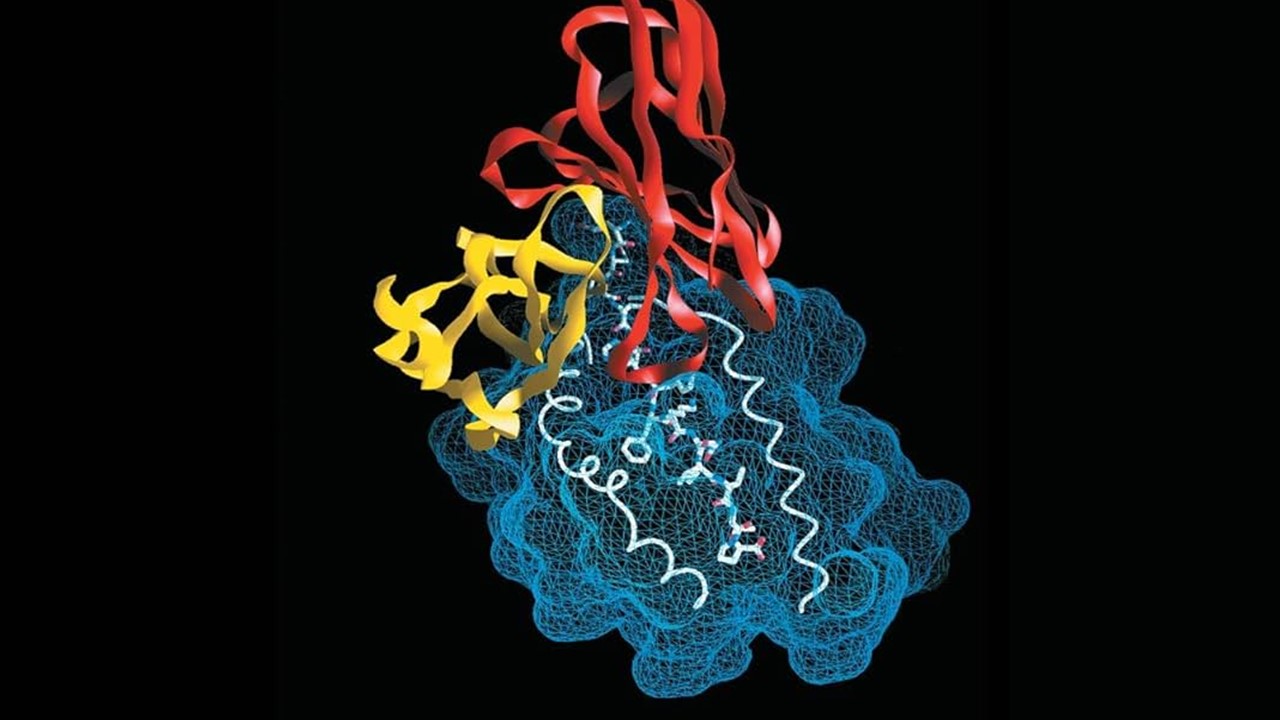Escherichia coli infections pose significant risks, especially to vulnerable patients, with limited treatment options due to antibiotic resistance and adverse effects on the microbiome. However, a recent study published in Nature Biotechnology showcases the development of engineered phages armed with CRISPR-Cas, offering a groundbreaking approach to specifically target and reduce E. coli burden. This scientific breakthrough holds tremendous promise, particularly for individuals undergoing cancer treatment who are at high risk of bacterial infections.
The Rise of Antibiotic Resistance
Being unable to treat bacterial infections due to antibiotic resistance has become a serious public health concern. Antibiotic overuse and abuse has sped up the emergence of resistance mechanisms, making many conventional therapies ineffective. Scientists have been investigating other approaches, such as phage therapy and gene-editing technologies like CRISPR-Cas, to combat bacterial infections in a more focused and efficient way in light of this rising epidemic.
Engineered Phages Targeting E. coli
A team of international scientists collaborated to engineer phages that selectively target E. coli, while leaving the microbiome intact. By employing synthetic biology techniques, they identified promising phages from a library of naturally occurring phages. These phages were further modified through gene editing to enhance their efficacy in targeting E. coli, resulting in a cocktail of four phages, named SNIPR001.
Clinical Development and Fast-Track Designation
SNIPR001 has shown remarkable potential and is now in clinical development. It has received Fast-Track designation from the US Food and Drug Administration, expediting its review process. This precision antibiotic aims to prevent bacteremia in patients with hematological cancers, especially those at risk of neutropenia, a condition characterized by low levels of white blood cells.
The Significance for Blood Cancer Patients
Blood cancer patients undergoing chemotherapy face challenges due to reduced blood cell production and intestinal inflammation. This combination increases the likelihood of E. coli infections, particularly when the bacterium gains resistance to commonly used antibiotics. SNIPR001 provides a much-needed alternative by specifically targeting E. coli, thus avoiding side effects and contributing to the global issue of antibiotic resistance.
The Potential of Phage Therapy
Phage therapy, utilizing phages to combat bacterial infections, has regained attention due to the rise of antibiotic resistance. Although previous clinical trials yielded mixed results, advancements such as CRISPR technology have opened new possibilities. By enhancing naturally occurring phages through genetic engineering, scientists can effectively target resistant pathogens, paving the way for future antimicrobials.
The Power of CRISPR-Cas and Phages
CRISPR-Cas technology enables precise editing of DNA sequences in cells, offering a versatile tool for genetic modification. In this study, CRISPR-Cas systems were incorporated into phages, providing the ability to selectively target E. coli. Phages, as natural predators of bacteria, can be harnessed for phage therapy, delivering highly specific and potentially more effective treatments for bacterial infections.
Advancing Precision Medicine
The creation of SNIPR001 involved screening naturally occurring phages against E. coli strains, followed by tail fiber engineering and/or integration of CRISPR-Cas systems specific to E. coli. These Cas-armed phages, known as CAPs, were rigorously tested for host range, in vivo efficacy, and adherence to quality control specifications.
Engineered phages armed with CRISPR-Cas technology provide a promising avenue to selectively target and reduce E. coli burden, revolutionizing treatment strategies. This breakthrough offers renewed hope for patients at risk, particularly those undergoing cancer treatment, and highlights the potential of phage therapy in the fight against antibiotic resistance. As research continues to advance in this field, we move closer to a future where precision antibiotics reshape the landscape of infectious disease management.
Study DOI: 10.1038/s41587-023-01759-y
Subscribe
to get our
LATEST NEWS
Related Posts

Precision Medicine
Microscopic Marvels: The Rise of Autonomous Nanorobots in Intracellular Surgery
Autonomous nanorobots have emerged as a groundbreaking innovation at the intersection of nanotechnology and medicine.

Precision Medicine
The Intranasal Revolution: Highlighting siRNA’s Potential to Treat Brain Ischemia
As the field of RNA therapeutics continues to evolve, the success of FBP9R/siRNA underscores the potential of siRNA-based interventions for neurological disorders.
Read More Articles
Coprocessed for Compression: Reengineering Metformin Hydrochloride with Hydroxypropyl Cellulose via Coprecipitation for Direct Compression Enhancement
In manufacturing, minimizing granulation lines, drying tunnels, and multiple milling stages reduces equipment costs, process footprint, and energy consumption.
Aerogel Pharmaceutics Reimagined: How Chitosan-Based Aerogels and Hybrid Computational Models Are Reshaping Nasal Drug Delivery Systems
Simulating with precision and formulating with insight, the future of pharmacology becomes not just predictive but programmable, one cell at a time.
Decoding Molecular Libraries: Error-Resilient Sequencing Analysis and Multidimensional Pattern Recognition
tagFinder exemplifies the convergence of computational innovation and chemical biology, offering a robust framework to navigate the complexities of DNA-encoded science













